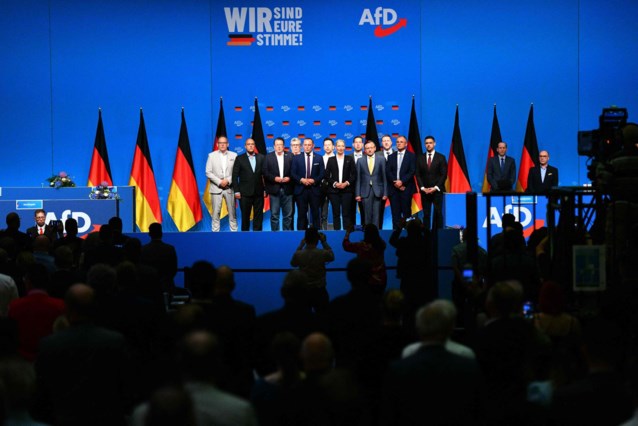The German far-right party AfD has decided to leave the Identity and Democracy (ID) group in the European Parliament, a move that was long anticipated. The decision was made during the AfD congress in Essen. The split was expected as ID had already distanced itself from the AfD before the European elections in June due to controversial statements made by AfD candidate Maximilian Krah about the Nazi SS. Despite the AfD’s decision to exclude Krah, the party remained a member of Identity and Democracy, which consists of right-wing populist and nationalist parties.
In recent news, Hungarian Prime Minister Viktor Orban announced plans to form a new European parliamentary group with Austria’s far-right party (FPÖ) and the centrist movement of former Czech Prime Minister Andrej Babis (ANO). This development comes as the AfD exits the ID group, indicating shifts and realignments within European politics. As a result of this move, other groups are forming and reshaping, potentially impacting the dynamics and alliances within the EU political arena.
The departure of AfD from ID is significant as it marks a change in alignment for some parties within Europe. While there may be ripple effects on future collaborations and partnerships among right-wing parties in Europe, it is important to note that this move does not necessarily indicate any changes in policy or ideology for these parties. It is simply a reflection of shifting alliances and alignments within European politics.


